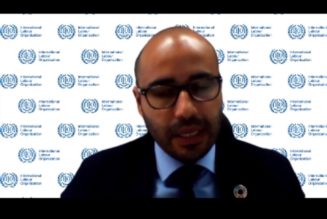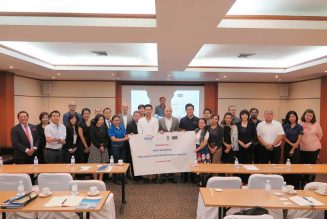The Thai cabinet has approved a proposed free-trade agreement (FTA) with the EU set to commence in 2015 amid worries on its impact to Thai businesses.
The bill will be subject to parliamentary and public scrutinisation before negotiations begin, a spokesperson of Prime Minister Yingluck Shinawatra’s office said, because of mounting worries from business leaders on the effects the agreement will have on drug patents, agricultural seeds and alcohol imports.
Regarding IP protection, Thailand will push the EU to commit to the same level of rights that it agreed to when coming into the WTO. This angle is hoped to prevent a harmful impact on drug companies whose patents are marketed towards low-income farmers, as well as agricultural companies and their seeds.
Thailand is already a major importer of alcohol from the EU and the public is becoming visibly jittery about the possibility of increased consumption from liberalised alcohol regulations embedded in the FTA.
Concerns have also been raised over tobacco liberalisation, which would result in similar rises in consumption.
However, despite creeping worries in society at large, the Thai Ministry of Commerce has stated that they are hopeful that the FTA will have positive effects for the country, ushering in greater numbers of European investors and solidifying Thailand as the investment destination of choice in ASEAN.
According to the Thai cabinet, trade between the EU and Thailand amounted to approximately $35 billion in 2010, and the EU is Thailand’s second largest trading partner after the ASEAN bloc.
Thailand will structure negotiations for bilateral talks to focus on sanitation, trade barriers, protections for balancing trade, rules of origin, customs procedures, rehabilitation measures, and services and investment.
The EU is the world’s largest trading partner, contributing to 20 per cent of global trade.
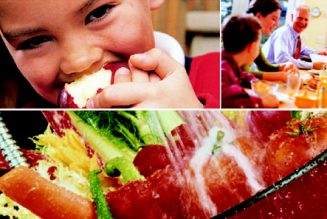

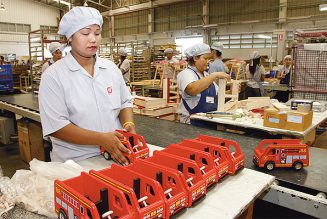
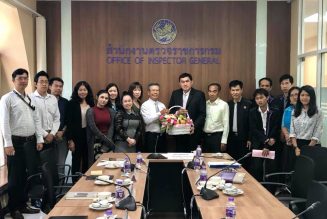
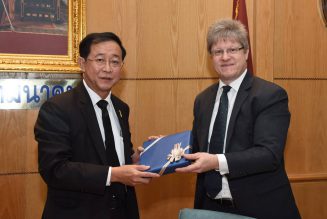
![[TEBA Past Webinar] Workshop on Responsible Business Conduct and Socially Responsible Labour Practices](https://www.thaieuro.biz/wp-content/uploads/2021/10/coverpage_v04102021-327x219.jpg)
